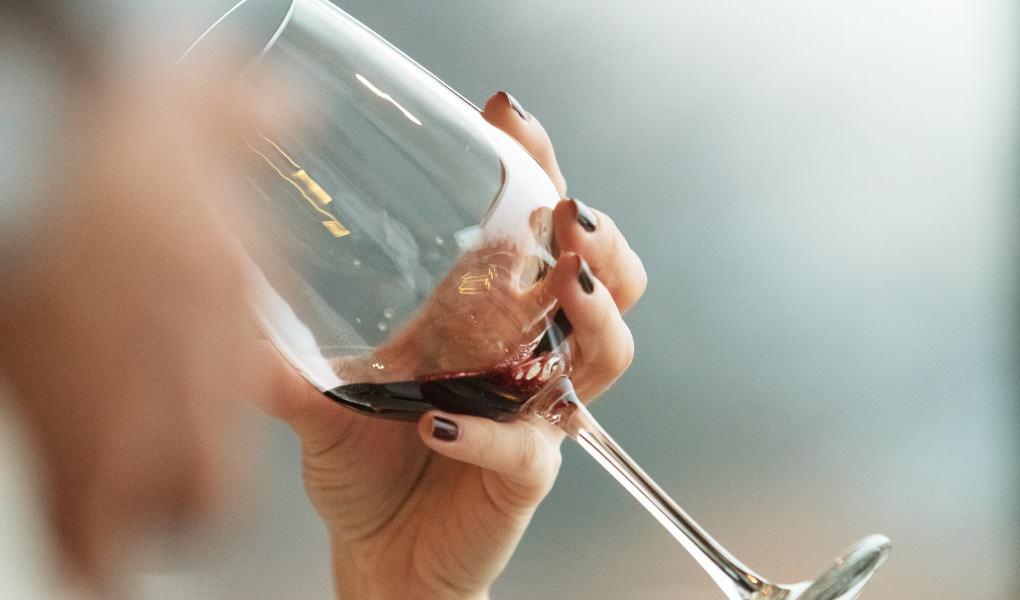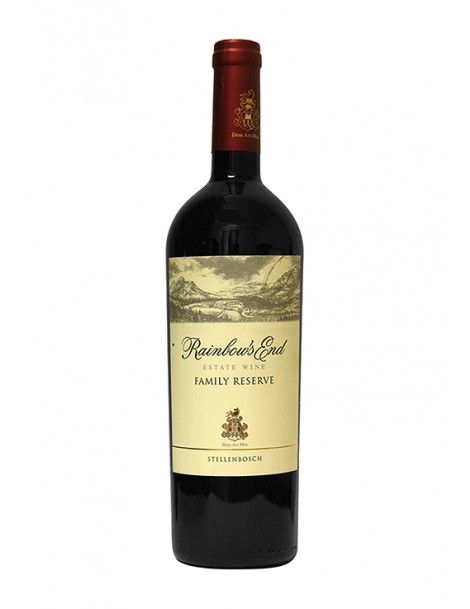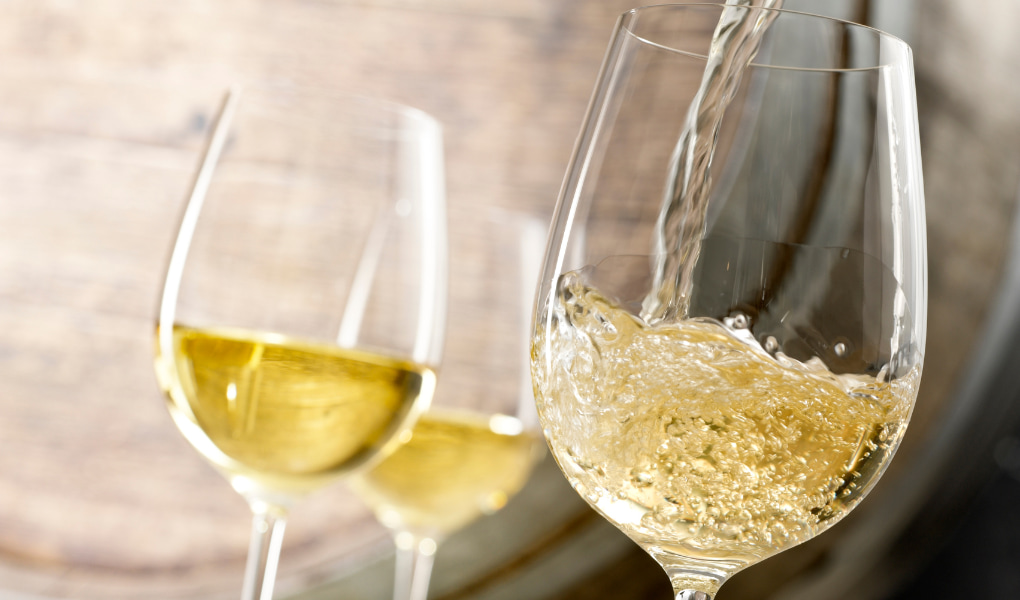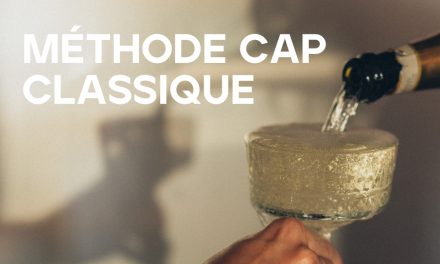The art of wine blending
Blends, cuvées and assemblages
In the world of wine, the practice of blending is an art that is applied with great sophistication by winemakers around the world. Although the term “blending” is often associated with a technical sound, there are a variety of more elegant terms for this practice. In German-speaking countries, we like to use terms such as cuvée, assemblage, coupage or even mariage, blend (in the New World) or meritage (California). These terms all stand for the same thing: the harmonious blending of wines from different grape varieties or locations to create a unique end product.
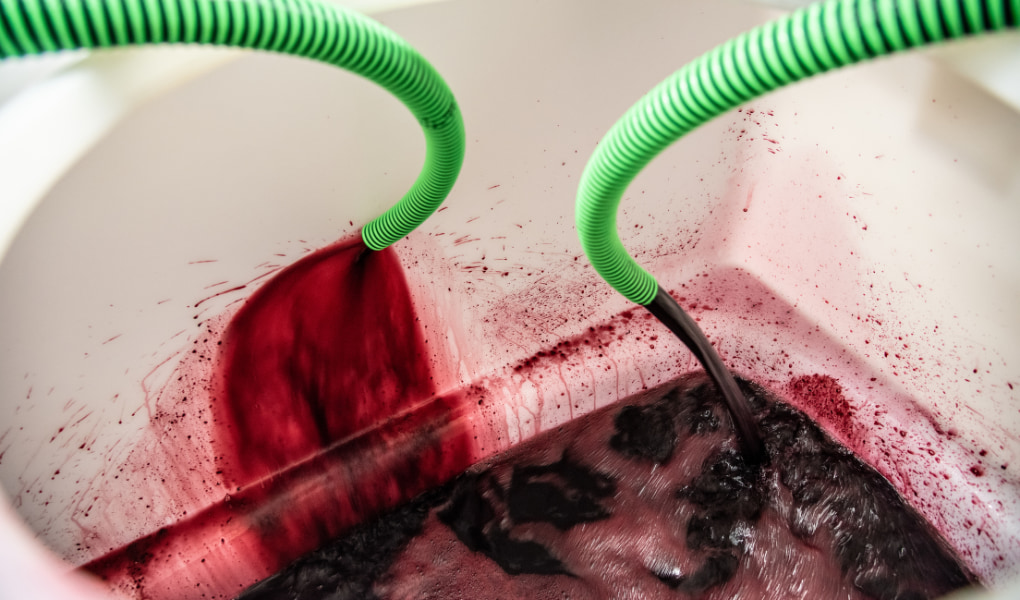
Why blend at all?
The aim of an assemblage is for the blended wine to taste better than each individual wine. By skilfully combining different grape varieties, the aim is to achieve a harmonious balance of alcohol content, aromas, acidity, tannins and color. So-called dyer’s grapes can be used for coloring in particular. Even a small addition can lead to a significant deepening of color. When blending different grape varieties, one variety usually takes the main part in order to define the characteristic taste of the wine.
However, the practice of blending wines has not only aesthetic but also practical reasons. As not all grape varieties sprout, bloom and ripen at the same time, blending makes it possible to correct for the effects of the weather. If a grape variety does not reach optimum ripeness or the yield is low, the winegrower can compensate by skillful blending with other grape varieties. In this way, he can guarantee the consistent quality of his wines within a certain range.
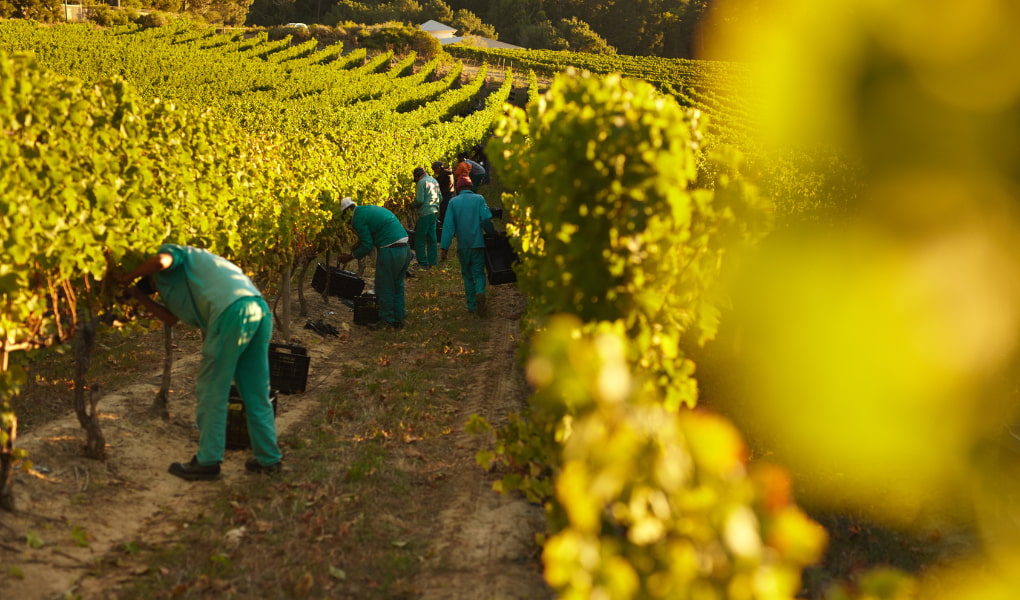
Ideal timing and best possible cultivation
In the past, different grape varieties were often planted together in one vineyard and harvested together. Nowadays, each grape variety is usually fermented separately and only blended shortly before bottling. This enables the winemaker to harvest each variety at the ideal time and the cellar master to offer each wine the best possible maturation.
When producing cuvées or assemblages, the legal requirements, which vary depending on the country and region, must also be observed. These regulations stipulate which grape varieties may be blended and to what extent. In most cases, however, the blending of red and white wine is largely prohibited.
South African blends
South Africa has played a prominent role in this art of wine blending. In addition to single-varietal wines, South Africa’s winemakers mainly offered blends of Bordeaux varieties for years. However, their creativity has been exceeding this strict framework for a long time. They are experimenting with a variety of styles and grapes to the delight of critics and the public. Today, classic Bordeaux blends compete successfully with innovative blends, including Cape blends with Pinotage, blends with Shiraz and blends with grapes of different or exclusively Mediterranean origin.
Overall, the art of wine blending is a fascinating and complex practice that combines tradition, innovation and craftsmanship. Blends, cuvées and assemblages offer a wide range of taste experiences and are an essential part of the wine world that is well worth exploring.
From our assortment
All prices in CHF incl. VAT. Daily price from 12.06.2024.
Offers valid while stocks last. Errors and price changes are subject to change.

